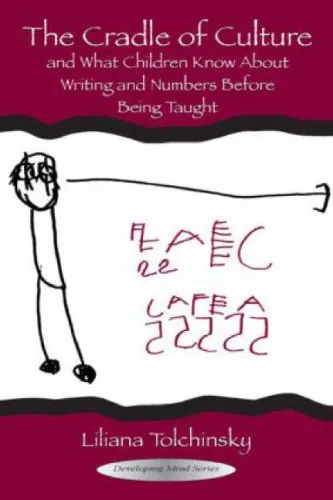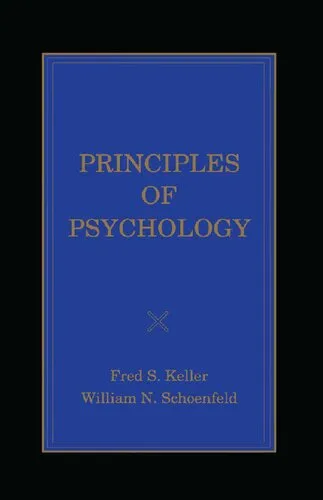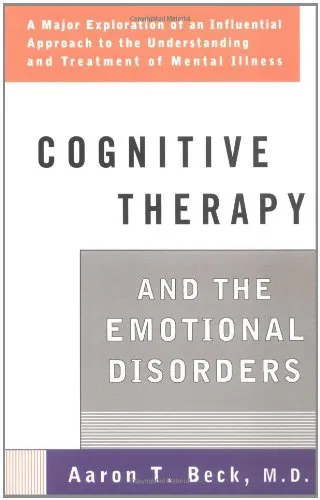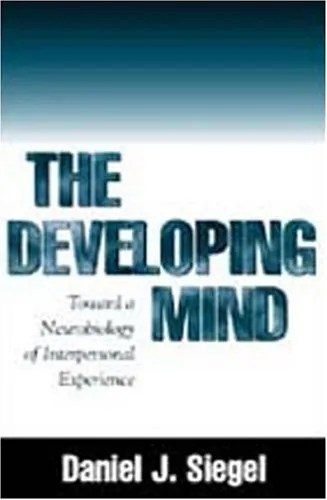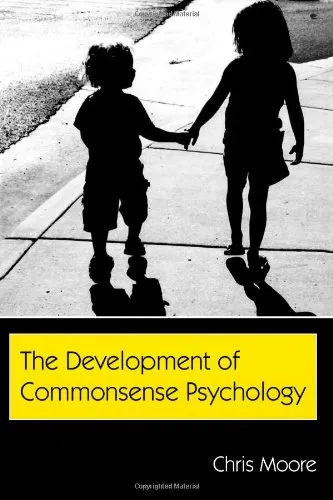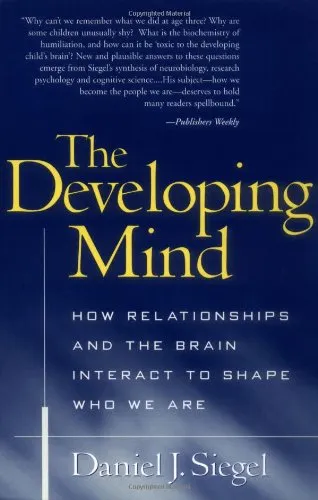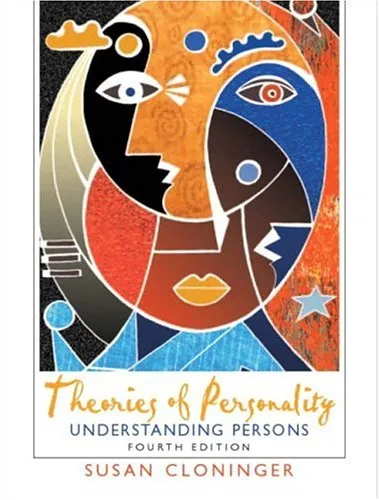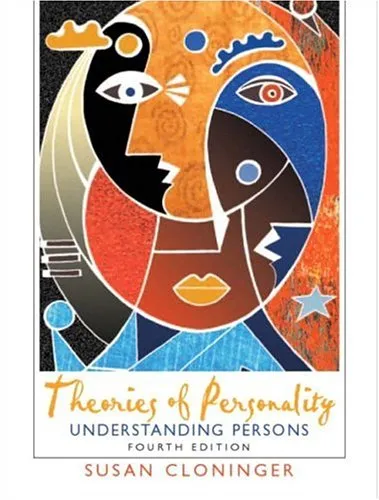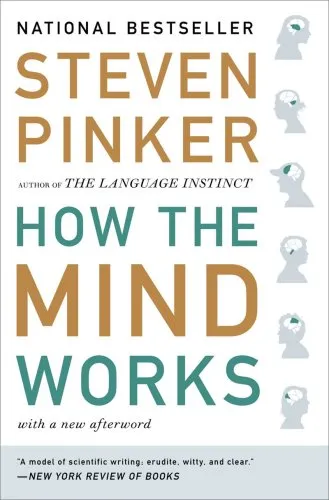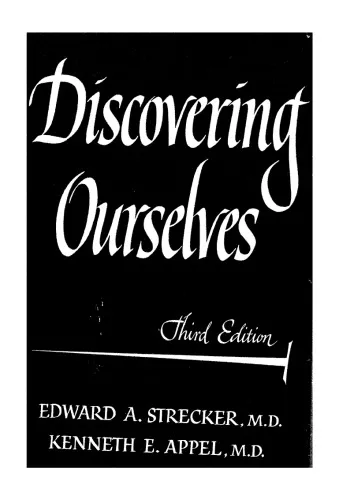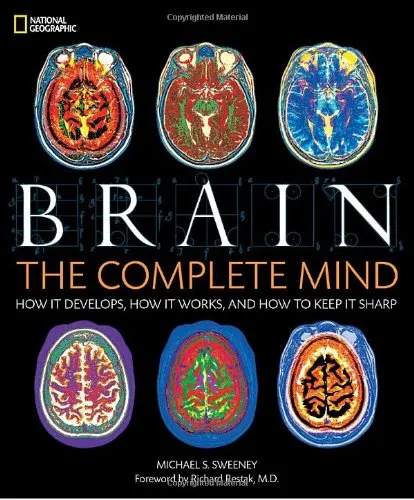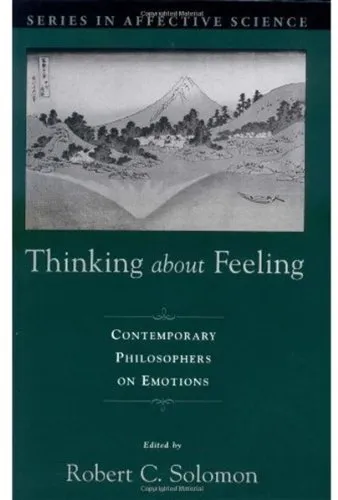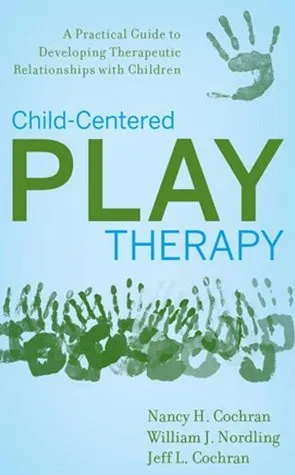The Cradle of Culture: And What Children Know About Writing and Numbers Before Being Taught (The Developing Mind Series)
4.5
بر اساس نظر کاربران

شما میتونید سوالاتتون در باره کتاب رو از هوش مصنوعیش بعد از ورود بپرسید
هر دانلود یا پرسش از هوش مصنوعی 2 امتیاز لازم دارد، برای بدست آوردن امتیاز رایگان، به صفحه ی راهنمای امتیازات سر بزنید و یک سری کار ارزشمند انجام بدینکتاب های مرتبط:
معرفی کتاب: مهد فرهنگ: و آنچه که کودکان دربارهٔ نوشتن و اعداد قبل از آموزش رسمی میدانند
کتاب "مهد فرهنگ" اثری دقیق و پرمحتوا از 'لیلیانا تولچینسکی' است که مطالعهای عمیق دربارهٔ قابلیتها و دانش اولیهٔ کودکان در زمینهٔ نوشتن و ریاضیات بدون هیچگونه آموزش رسمی ارائه میدهد. این کتاب به طور خاص بر این نکته تمرکز دارد که چگونه کودکان به طور طبیعی مهارتهای پایهای را قبل از ورود به محیطهای رسمی آموزشی توسعه میدهند.
خلاصهٔ کتاب
کتاب "مهد فرهنگ" در اصل به بررسی این مطلب میپردازد که کودکان چگونه پیش از داشتن یادگیری رسمی در مدارس، درکی ابتدایی از نوشتن و ریاضیات دارند. نویسنده، با استفاده از مطالعات پیوسته و شیوههای تحقیقاتی گوناگون، نشان میدهد که بسیاری از مهارتهایی که ما به عنوان بزرگسال به آنها تکیه میکنیم، در حقیقت در سنین بسیار پایین و به صورت طبیعی در کودکان توسعه مییابند.
در این مسیر، تولچینسکی به کودکان نه به عنوان مقلدانی که به تکرار آنچه به آنها گفته میشود میپردازند، بلکه به عنوان جستجوگرانی فعال نگریسته و نحوهٔ تعامل آنها با دنیای پیرامون را کشف میکند. او توضیح میدهد که فعالیتهایی مانند بازی با اشیا و تعامل اجتماعی چگونه منجر به درک اولیهای از مفاهیم نوشتاری و عددی میشود.
نکات کلیدی کتاب
- کودکان دارای تواناییهای ذاتی و اولیه در زمینهٔ شناسایی الگوها و ساختارها هستند که به آنها در فهم نوشتن و ریاضیات کمک میکند.
- فرایند یادگیری آنها بیشتر تجربی و اکتشافی است تا آنکه تنها به تقلید محدود شود.
- نقش والدین و محیط های اجتماعی در تقویت این مهارتها بسیار مهم و حیاتی است.
نقلقولهای معروف از کتاب
"کودکان دانشمندان کوچکی هستند که در دنیای نوشتاری و عددی به کاوش میپردازند."
"نقش ما در این است که به کودکان فرصت کشف بدهیم، نه اینکه به آنها دیکته کنیم چه چیزی را یاد بگیرند."
چرا این کتاب مهم است
این کتاب برای والدین، مربیان و پژوهشگران حوزهٔ توسعهٔ کودک، اثری بینظیر و بسیار آموزنده است، زیرا بر اهمیت شناخت تواناییهای فطری کودکان تأکید دارد. این اثر نشان میدهد که چگونه میتوانیم فرایند یادگیری رسمی را با توجه به ویژگیهای طبیعی کودکان بهبود بخشیم و کامل کنیم.
علاوه بر این، "مهد فرهنگ" به ما یادآوری میکند که هر کودک منحصر به فرد است و باید فرصت کشف و یادگیری به گونهای فراهم گردد که با نیازها و ترجیحات او همخوانی داشته باشد.
Introduction to "The Cradle of Culture"
In 'The Cradle of Culture: And What Children Know About Writing and Numbers Before Being Taught', author Liliana Tolchinsky explores the rich and often overlooked cognitive endowments children possess pre-instruction. Her work delves deeply into children's spontaneous understanding of writing and numbers, inviting readers to rethink conventional perceptions of how knowledge in these domains develops.
Detailed Summary of the Book
This book provides a comprehensive examination of how very young children perceive, interpret, and use writing and numbers long before formal education begins. Tolchinsky posits that children are not blank slates; instead, they bring intrinsic competencies to their learning experiences. These competencies are shaped by the culture and environment into which they are born and play a crucial role in their cognitive development.
Part I of the book focuses on children's understanding of writing. It unpacks the early mastery of scribbles that represent early attempts at written communication, illustrating that young minds distinguish between drawing and writing. Through various observations and studies, the book demonstrates that children develop hypotheses about writing that are informed by their environmental encounters with text and literacy practices.
Part II shifts to children's innate numerical knowledge. Tolchinsky shares her findings on how children intuitively perceive quantity and numerical relationships without having been formally taught. Using anecdotes and research data, she explains how children reveal sophisticated insights into numbers and arithmetic through play and everyday activities.
Key Takeaways
- Children possess inherent cognitive abilities that facilitate learning before formal education.
- The environment and cultural context significantly shape early perceptions of writing and numeracy.
- Early childhood is a critical period for testing and expanding innate hypotheses about literacy and mathematics.
- Recognizing children's early competencies empowers educators and caregivers to better support learning processes.
Famous Quotes from the Book
"Children come into this world primed to make sense of symbols and numbers, weaving their own narratives from the tapestry of cultural cues that surround them."
"The lines between play and learning blur, as children embark on their journeys of discovery with a fertile mix of curiosity and creativity."
Why This Book Matters
The insights shared in 'The Cradle of Culture' are vital for educators, parents, and policy makers. Liliana Tolchinsky challenges the notion that education starts with formal teaching, asserting instead that it begins far earlier with the child's first experiences in the world. This perspective calls for a re-evaluation of early childhood education practices, urging us to cultivate environments that recognize and nurture the nascent abilities children bring with them.
By understanding the mechanisms through which young children engage with writing and numbers, we can better tailor educational approaches that harness these foundational skills. Tolchinsky's work advocates for a paradigm shift, one that recognizes children's intrinsic potential and the profound implications of cultural context on their development.
دانلود رایگان مستقیم
شما میتونید سوالاتتون در باره کتاب رو از هوش مصنوعیش بعد از ورود بپرسید
دسترسی به کتابها از طریق پلتفرمهای قانونی و کتابخانههای عمومی نه تنها از حقوق نویسندگان و ناشران حمایت میکند، بلکه به پایداری فرهنگ کتابخوانی نیز کمک میرساند. پیش از دانلود، لحظهای به بررسی این گزینهها فکر کنید.
این کتاب رو در پلتفرم های دیگه ببینید
WorldCat به شما کمک میکنه تا کتاب ها رو در کتابخانه های سراسر دنیا پیدا کنید
امتیازها، نظرات تخصصی و صحبت ها درباره کتاب را در Goodreads ببینید
کتابهای کمیاب یا دست دوم را در AbeBooks پیدا کنید و بخرید
1336
بازدید4.5
امتیاز0
نظر98%
رضایتنظرات:
4.5
بر اساس 0 نظر کاربران
Questions & Answers
Ask questions about this book or help others by answering
No questions yet. Be the first to ask!
